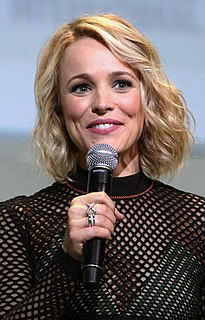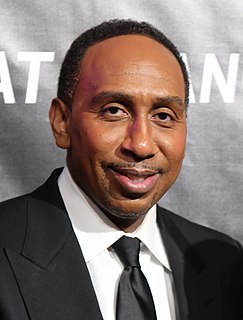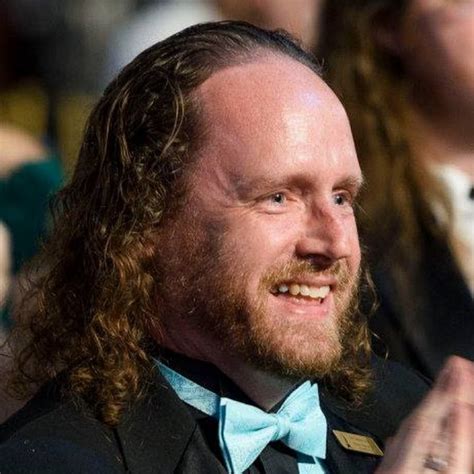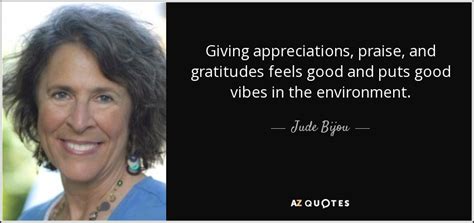A Quote by Michael Dirda
I didn't work for any newspapers in college, never worked for any newspaper before 'The Washington Post'.
Quote Topics
Related Quotes
I have no objection to well-written romance, but I'd read enough of it to know that that's not what I had written. I also knew that if it was sold as romance I'd never be reviewed by the 'New York Times' or any other literarily respectable newspaper - which is basically true, although the 'Washington Post' did get round to me eventually.
In the eight years I worked at newspapers, even during a little stretch when I was a film critic, I was never, ever doing exclusively criticism. In the daily newspaper world, much more value is placed on reporting than on thinking abstractly about art. The eight years I was in newspapers, I was mainly a journalist in the conventional sense, and just doing criticism when there were opportunities.
Our educational system just doesn't work as well as it should any more. 70% of people are never going to go to college, and we don't give them the vocational or occupational training they need before we throw them into a work force where too often they find they don't fit. The 30% that do go to college find themselves graduating with debts that may cripple them for years.
I got married three days after graduation, and the first thing I did what I was expected to do which was to work on a small newspaper. So we were in Chicago where my husband worked for the Chicago Sun-Times and we were having dinner with his editor and he said 'So what are you 'gonna do honey?' and I said 'I'm going to work on a newspaper', and he said 'I don't think so", because Newspaper Guild regulations said that I couldn't work on the same newspaper as my husband.
It's not fair that our name can be used in any newspaper, any article connected with anything, and we can't really fight about it. It's like any newspaper that might take a picture of you, bad or good, and sometimes they're awful pictures, and they can use them without your approval and you can't do anything about it.



































